'Rise' Is a Political Show Masquerading as a Family Drama—and That's Why It Will Be Successful
MarieClaire.com spoke to the cast about being on a show that's also a statement.
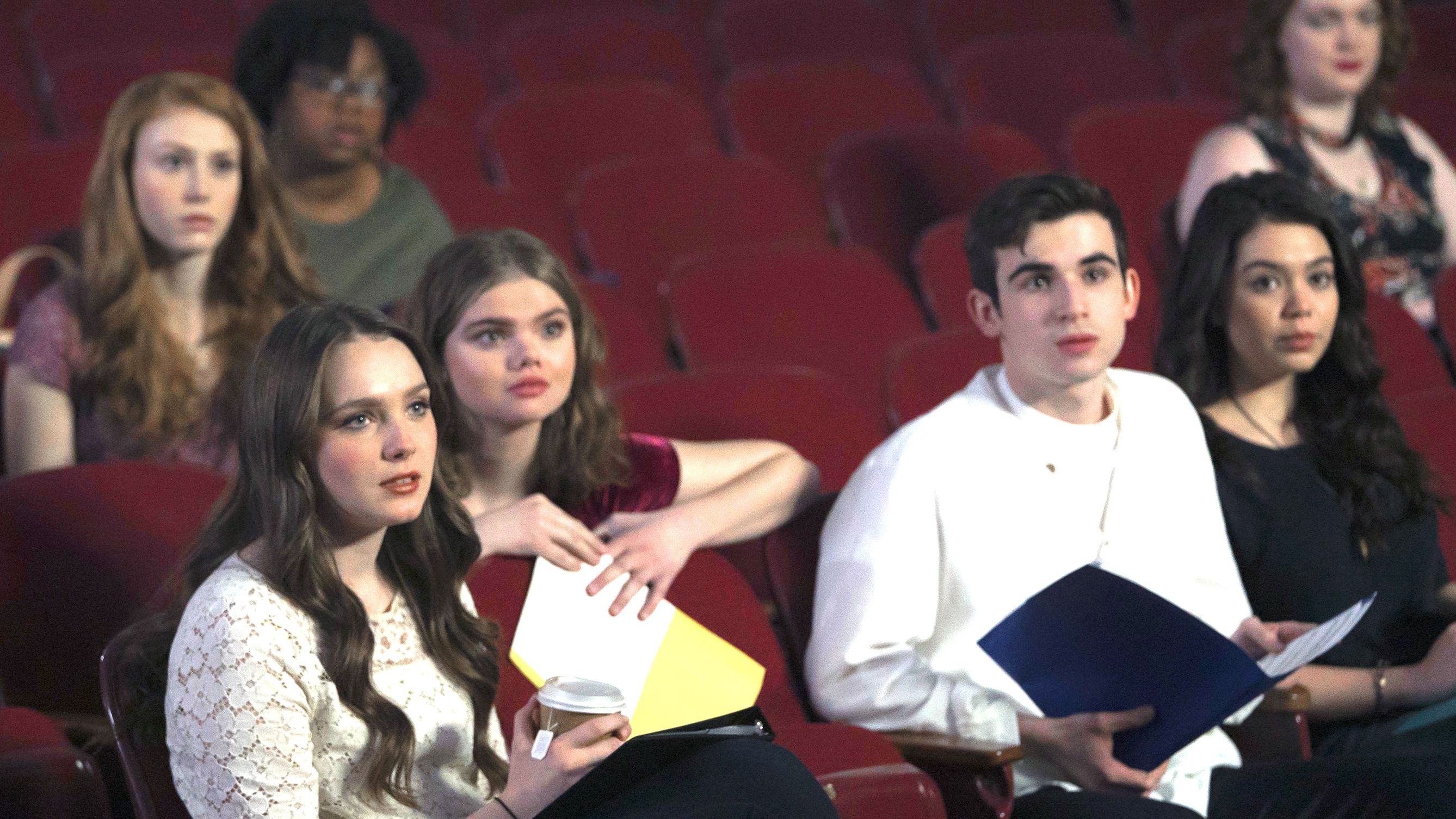
Celebrities haven't always been expected to speak out about injustice. Even in the mid-aughts there were collective eye-rolls towards A-list activists—a misplaced sense of "Who asked you?" and "You're just an actor." Slowly, that began to change. Then, with the advent of Donald Trump's presidency, it changed seismically: Every voice matters, and if your platform happens to have 5 million followers, it's vital that you use it.
Celebrities can, of course, use their platforms by tweeting, by joining #TimesUp, by encouraging people to vote in their local elections—there are a million ways to make a difference. But perhaps most significantly, they can choose projects that deal with the most pressing topics of our time.
It's not exactly groundbreaking for a show to tackle important social issues (2016's Sweet/Vicious took on campus rape culture brilliantly, for one). It is unusual, however, for that tackling to happen on broadcast television, reaching the homes of millions of viewers in the time slot immediately following NBC's This Is Us
On the face of it, Rise—NBC's new musical which will doubtless be compared non-stop to Glee—is a safe and familiar family drama, easy to watch with your parents after you've finished sobbing over the This Is Us finale on March 13. But the series, from Friday Night Lights and Parenthood creator Jason Katims, uses a genre that's easily accessible to viewers (who doesn't love a family drama?) to unpack as many socio-political issues as possible. More significantly, it's about teenagers dealing with these issues—a population that's often underestimated, but possesses an immense capacity to make change.
MarieClaire.com visited the set of Rise and spoke to the cast about what it's like to be on a show that—in the words of Katims—makes such a strong political statement "without ever saying anything political."
Rosie Perez (Tracy) on playing a woman whose job is literally stolen by a man in episode one:
"When women see Rise they will see and feel that element of sexism, but one of the producers/directors Rosemary Rodriguez and I discussed that. I proposed the question to Rosemary: 'If Tracy was a man, would the school's principle feel so within his rights to make the decision to replace her?' My character has to deal with her resentment of being passed over with a tinge of sexism. But what I like about the writing is that Tracy's not submissive."
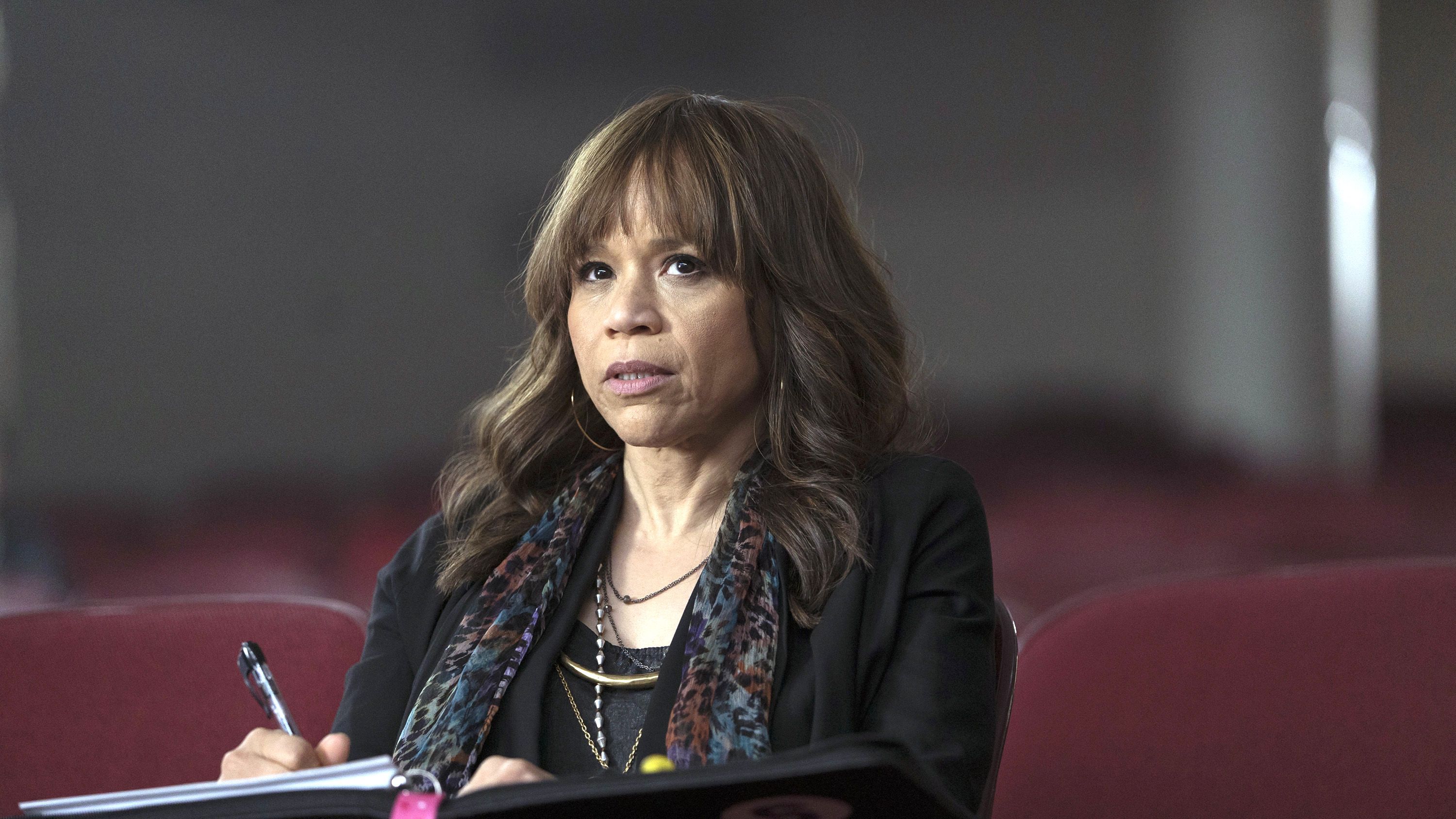
Shannon Purser (Annabell) on young people being more socially and politically active than ever:
"We live in a fairly tumultuous time, and it's been really fascinating even talking to my little sister who is 15, who is so much more aware of politics and what's going on in the world than I was at 15. I was so oblivious, and everyone today is so informed in the age of social media. I think people underestimate teenagers and what teenagers go through, and there's a tendency to think they're all emotional and dumb, and don't know what they're doing—but lots of issues start when you're young, and I think there's a real struggle there to figure out who you are and what you believe. So I love that complexity in the show, and it's important to me to talk about stuff like that because it's real."
Get exclusive access to fashion and beauty trends, hot-off-the-press celebrity news, and more.
Rarmian Newton (Maashous) on Rise being more than just a job:
"When you're in this industry there are projects that really do transcend everything else, and this is one of those projects. This is something you feel makes you alive. It's never just a job, but this is the opposite of that. It is an honor to be on this set. Right now, I think it's important to let the art itself provoke a reflection in the people who are watching it. It's not just about, This is what I believe in, this is what I stand for. At the end of the day, that shouldn't matter. What the audience thinks should matter. Real social change comes from reflection, not from telling everybody what's wrong."
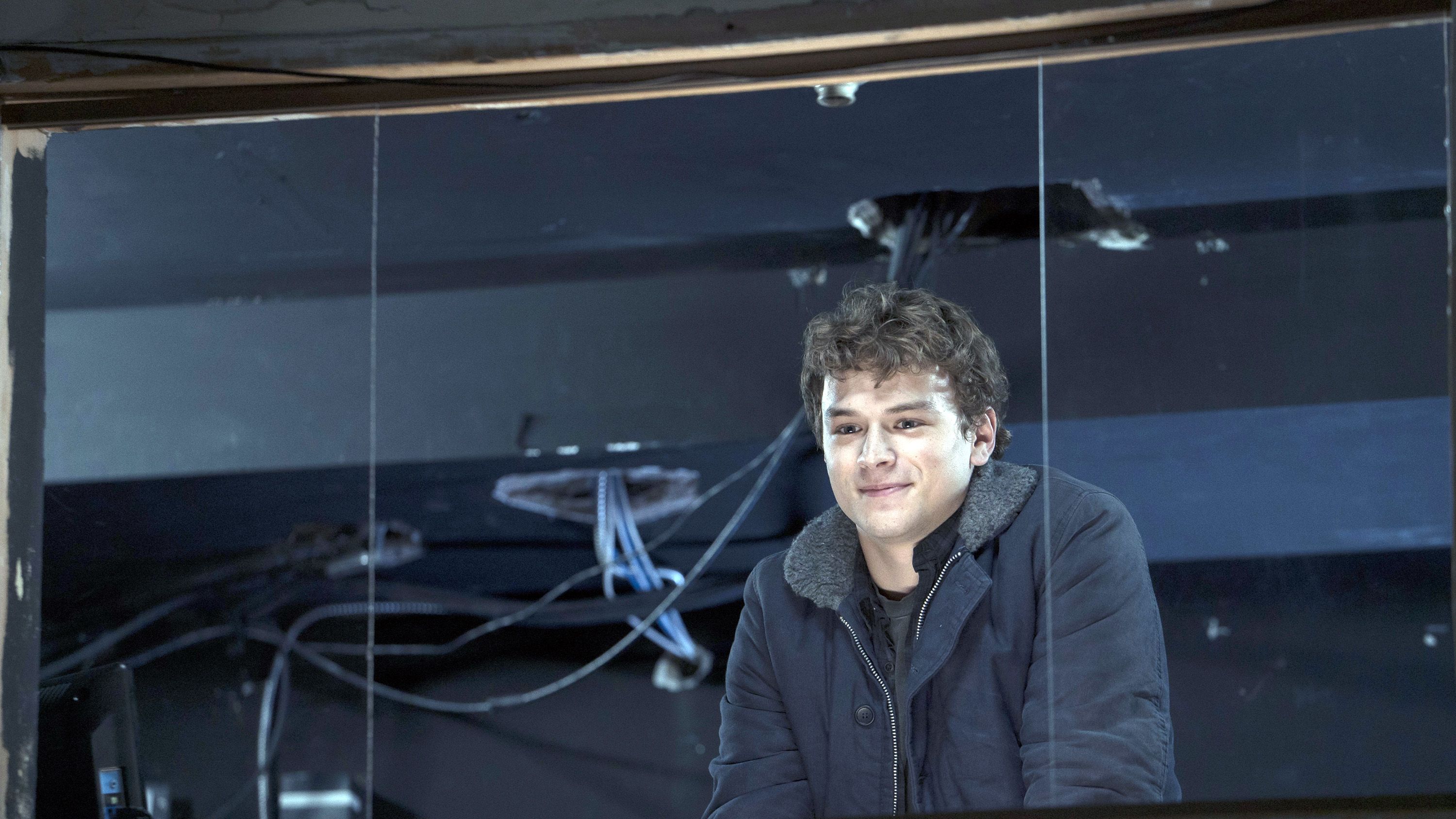
Jason Katims (showrunner) on making a show that's organically—instead of overtly—political:
"Rise has this charmed thing about it where I feel like the show is a political statement without ever saying anything political. To me, it's saying we have to value each other, we have to value who we are, we have to give value to the arts, we have to respect each other. It's really inherent in the story. In the pilot episode, there's a transgender character—it's sort of one of those small moments that's a really big moment. Lou asks 'What should I call you, Margaret or Michael?' And Michael says, 'Michael.' Lou's response is, 'Okay that's beautiful,' and crosses out 'Margaret' and moves on. To me, that's what I want this show to be. I want this show to live as an example of acceptance, and hopefully that can be meaningful to people. I know it is to me."
Damon J. Gillespie (Robbie) on the pressure of having a platform:
"I never really thought of that when I was growing up. It was when I got into college that I realized, Oh, if this happens for you, you have a platform. People are willing to listen to you. I've seen so much throughout my life—personally or in the media—that I want to bring a lot of positivity. Because that's how I want to live my life, bringing positivity."
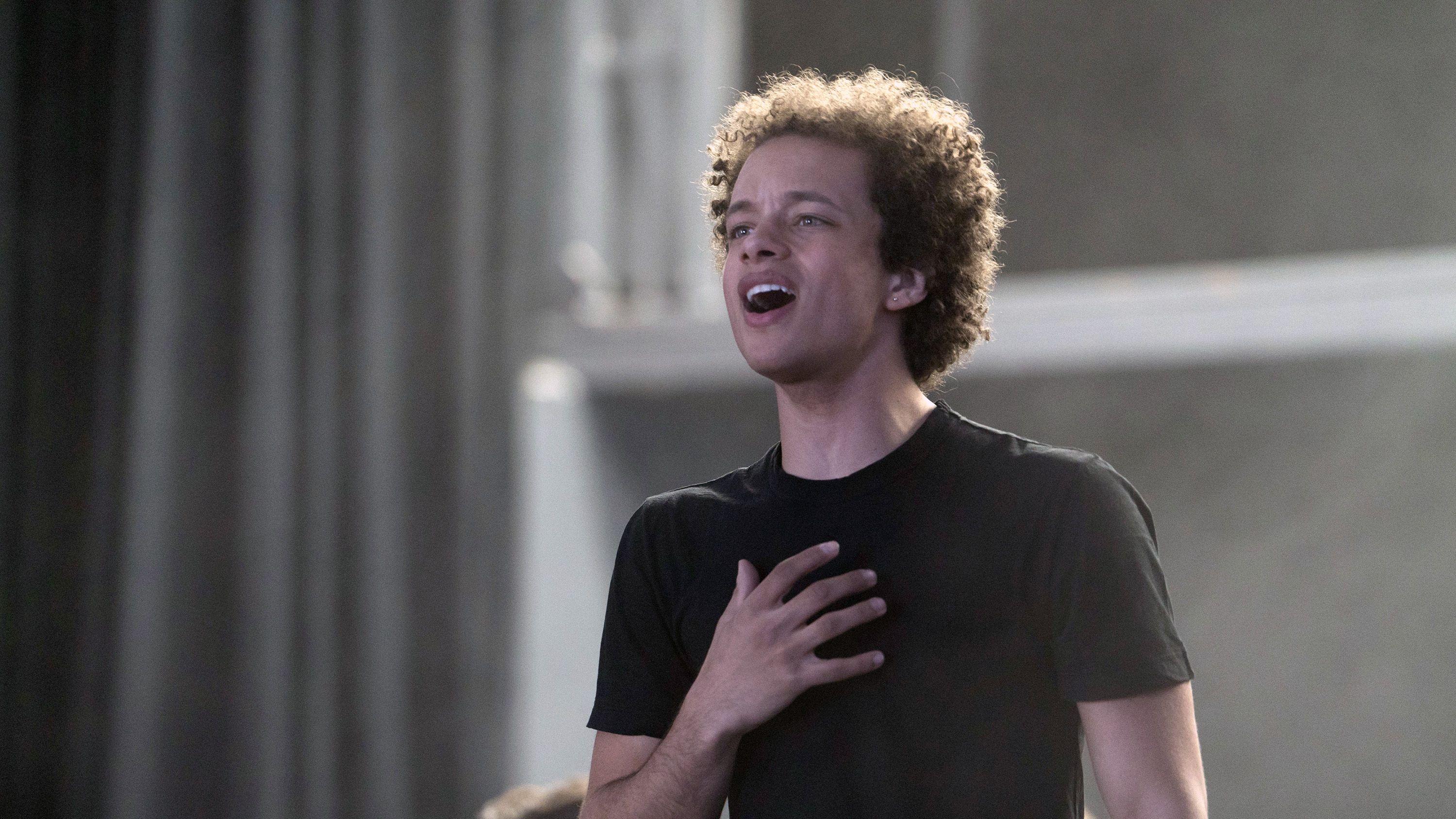
Amy Forsyth (Gwen) on the social responsibility of actors:
"When I decided to be an actor my mom was like, 'Well you're in the public eye, you gotta decide what you pick carefully.' I went into acting because I love doing this, but then I realized that I do have responsibility.... Sometimes, you don't want to say the wrong thing, so you don't speak up, but the thing is, people are going to judge you anyway. I think standing up for what you believe in and being a voice for people who don't have one is really important
These interviews have been edited and condensed.
RELATED STORY
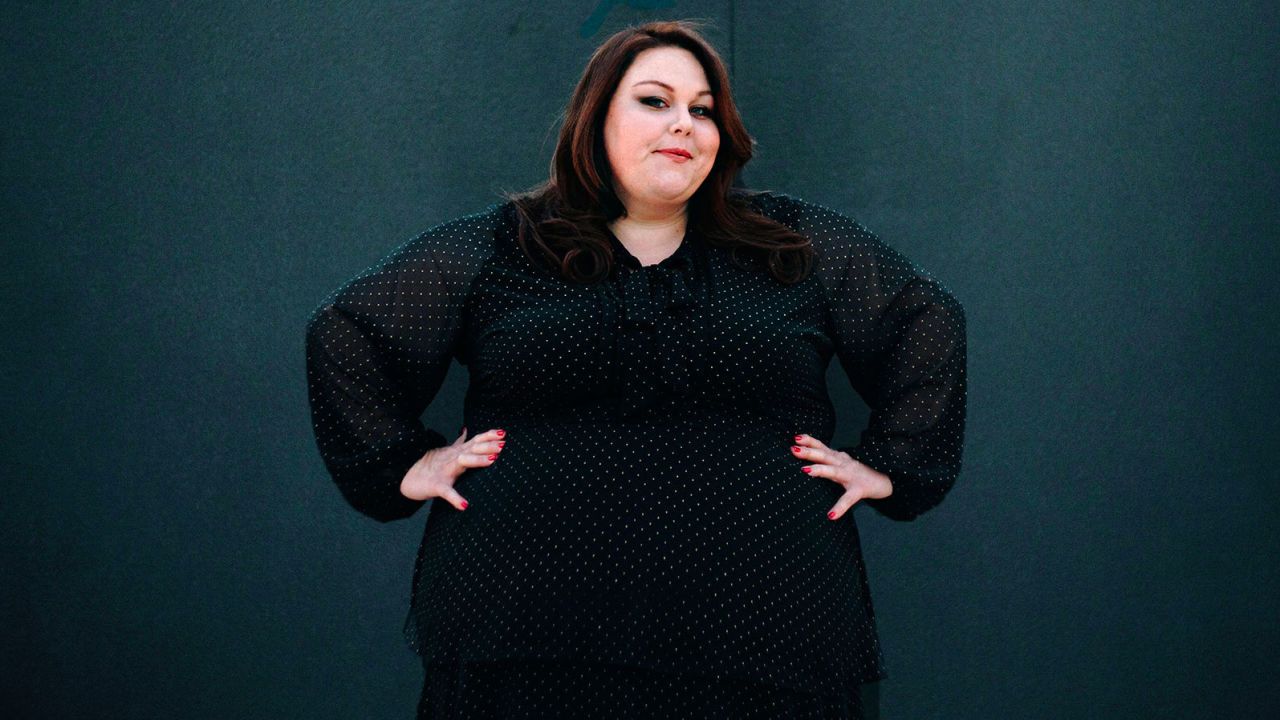
Mehera Bonner is a celebrity and entertainment news writer who enjoys Bravo and Antiques Roadshow with equal enthusiasm. She was previously entertainment editor at Marie Claire and has covered pop culture for over a decade.